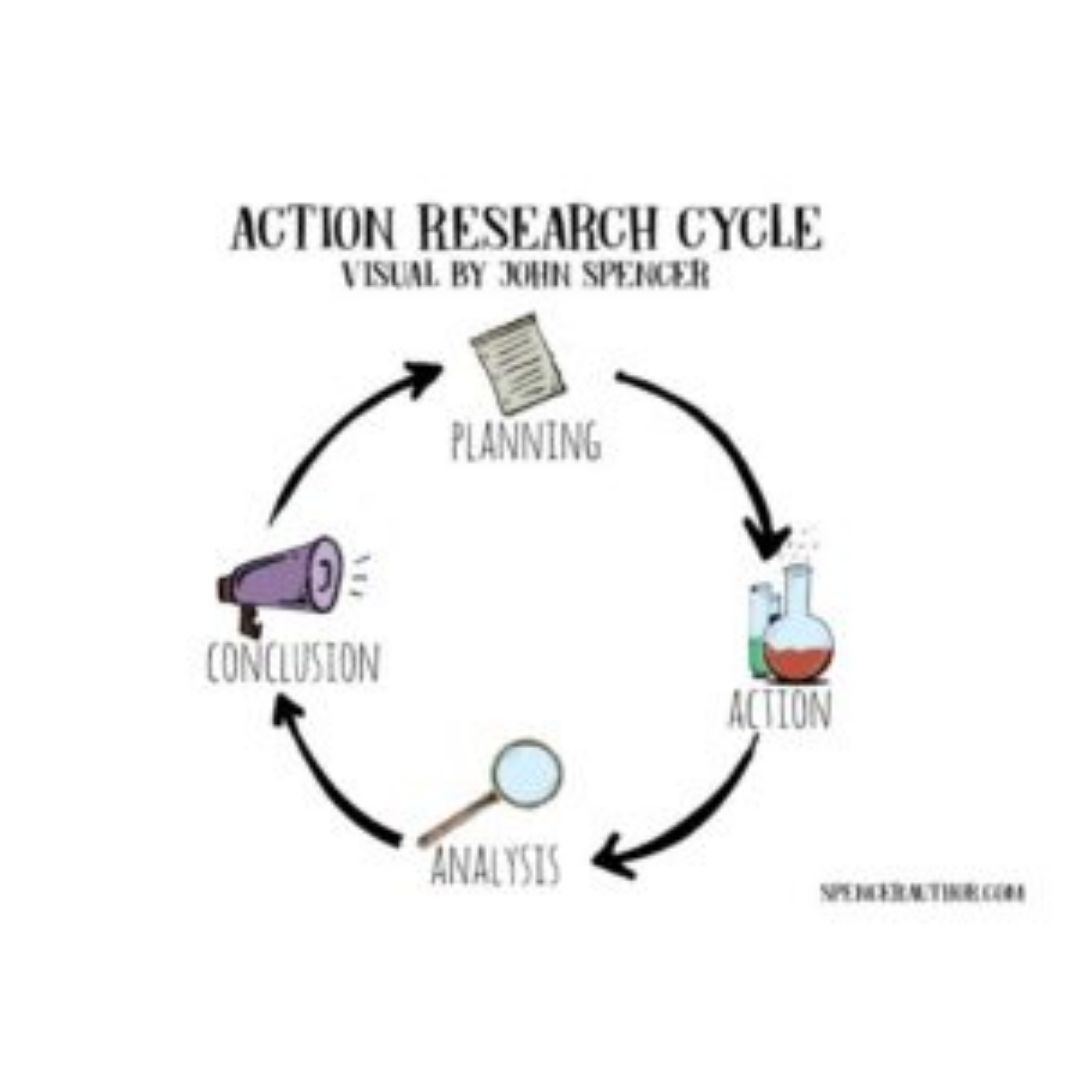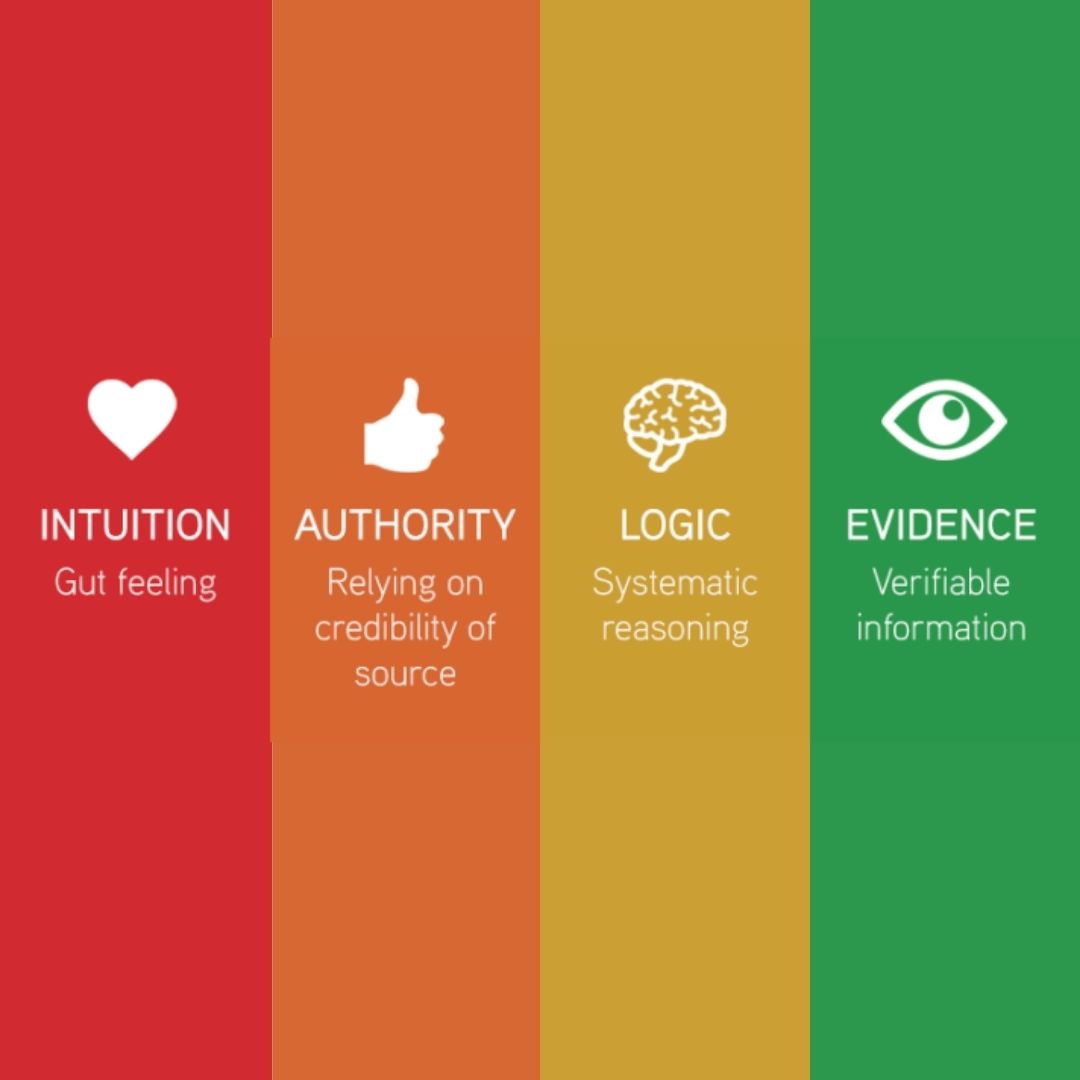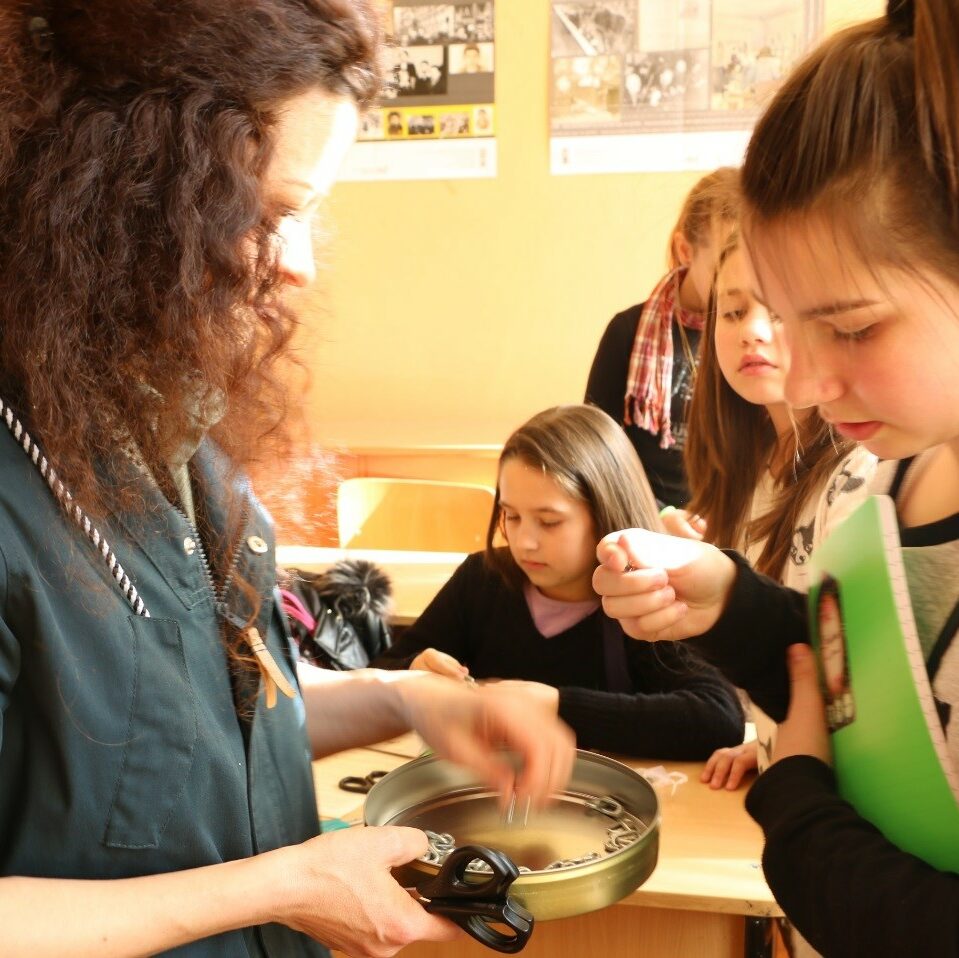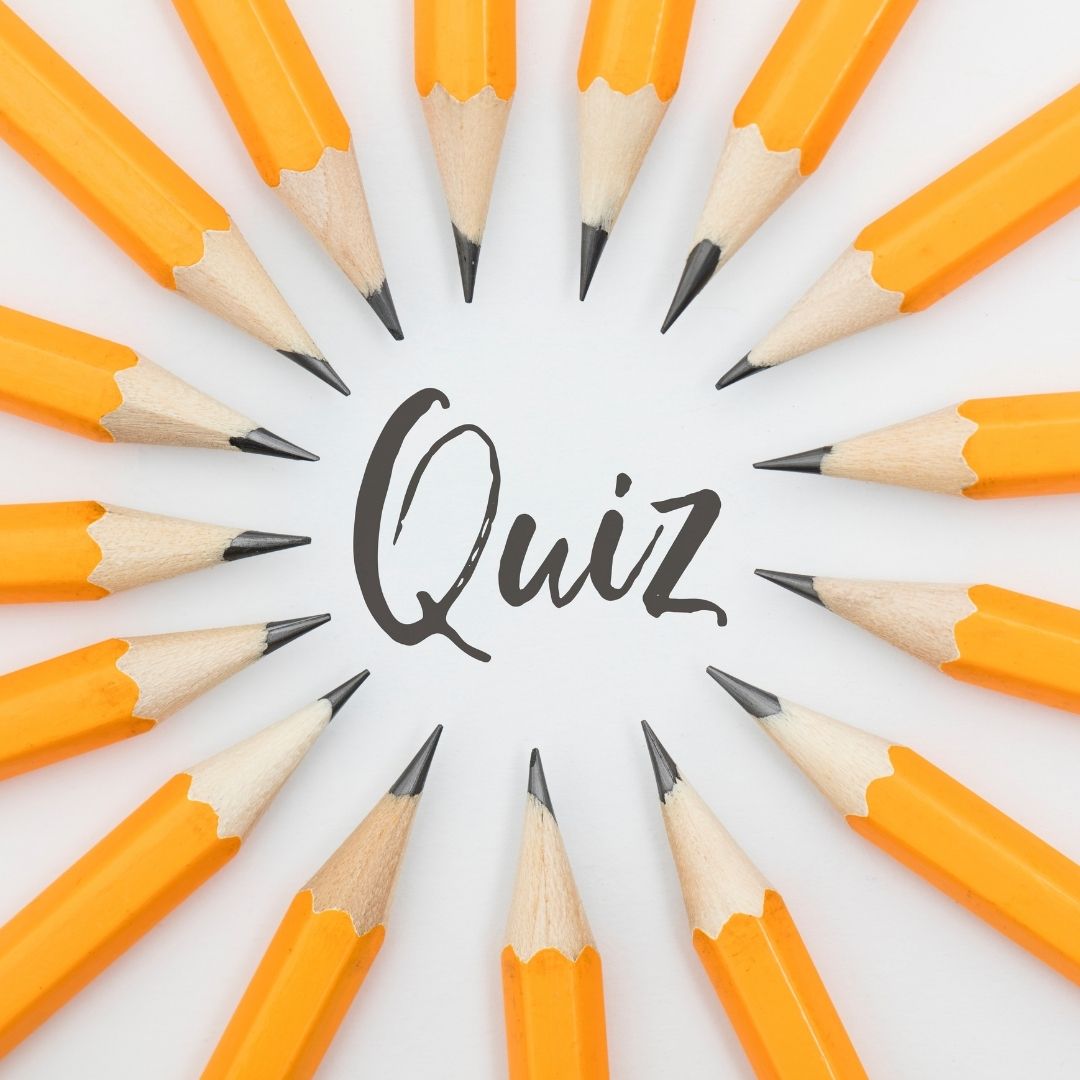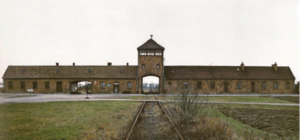
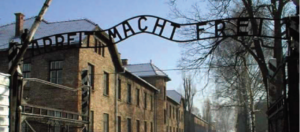
Ever thought of organizing a student excursion to a former concentration camp, but don’t know how to approach it? Many teachers feel underqualified to address sensitive and heavy topics like the Holocaust, and without the right resources, may choose to avoid the topic altogether. What questions do you ask your students before the visit? What kind of reflection do you prompt on arrival? What are the main thoughts students should take away from such an experience?
Thankfully, Holocaust Education Trust Ireland (HETI) have compiled a useful set of guidelines for educational visits to former concentration camps, with materials that include:
- terms and key concepts
- reflection questions
- research inquiry questions
- preparation and post-visit discussion points
Learning from the Holocaust: Visiting Krakow and Auschwitz-Birkenau
Learning from the Holocaust: Leaving Krakow and Auschwitz-Birkenau

Action Research: projects as active methods to develop civic skills

How do we decide what we believe? – Helping students learn how to question beliefs and test claims to become more (self) critical and evidence based in their thinking

Augmentative Communication: the creation of visual vocabularies as a support in the study of works of art

The Other, The Different, The Identical

Silent Learning: the use of Quizzes to motivate and assess participation and learning in the classroom

